October 16, 2016
2 Comments
For Richard Blessing
There is a poet I’m reading
After being surprised to come upon his dog-eared collection
While cleaning a bookcase.
I had forgotten even owning it.
His name won’t mean anything to you, never famous or fashionable,
But it draws me after all these years,
His slim dusty volume so callously abandoned.
How quickly I am reminded of his sublime voice,
Like that of a long forgotten beloved friend,
Resurrected now line by line,
Rising off the yellowed pages
In the slate gray light of this autumn afternoon.
His father’s nurse says she’s too tall for marriages.
The younger poets are ample in their margins.
The migrating salmon leap like sparks from some windy chimney.
The sound of his son’s bat on a baseball, as sweet as any teacake,
the ball’s leaping arc making the field small.
It’s gratitude I feel to find him once again,
Someone I didn’t even know I had lost,
Relieved to have unearthed his particular genius, restored it to my life.
I won’t be rich or famous, you said, sad on your birthday.
I don’t have a baby. Now it’s too late.
I pull you close. We have missed nothing. This is our only life.
And just when I think he can give me no more
Comes his closing prayer, this long dead poet
With no name you would know:
May grace be drawn to our ill-suited hands.

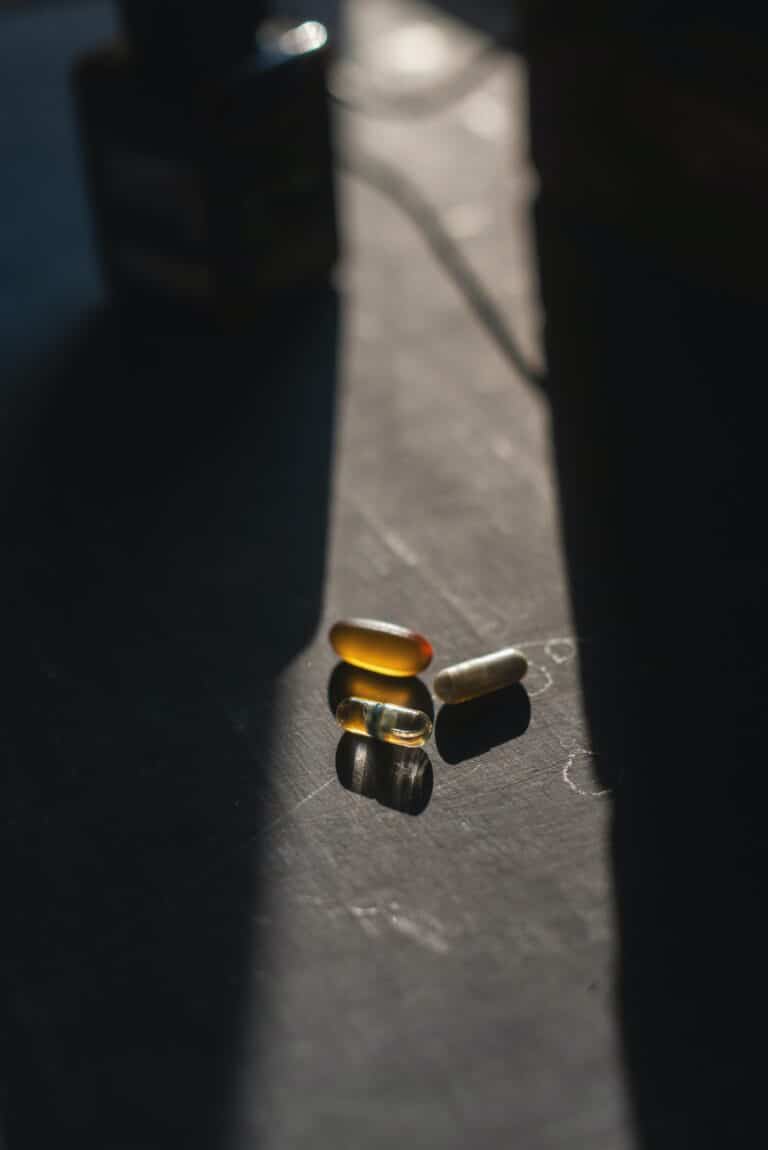




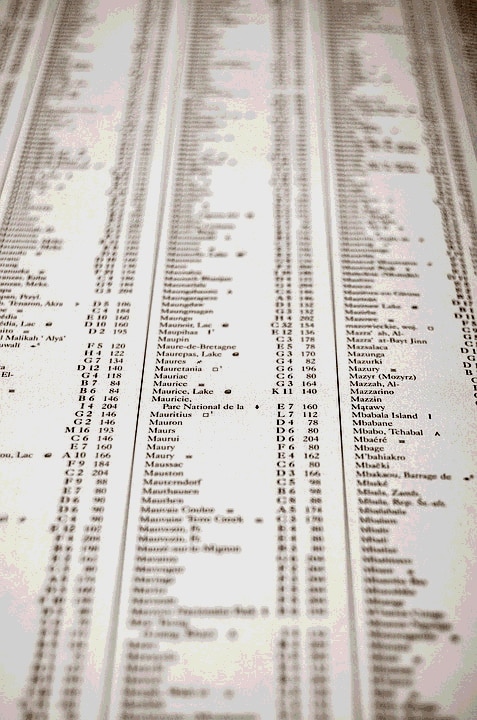

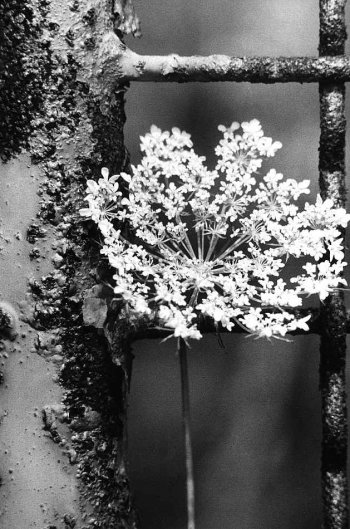




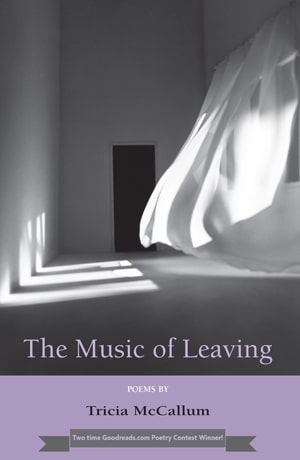




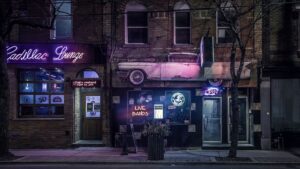
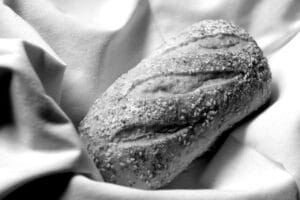
Thanks for sharing